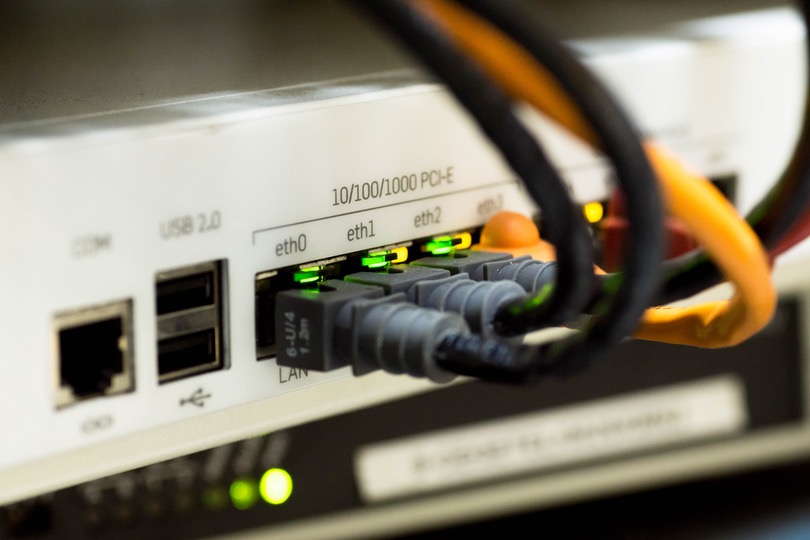The advancement of technology has made it possible for smaller businesses to compete on a more level playing field with large corporations. In order to take full advantage of all the technological tools available, you need to have an effective and secure computer network. These come in many different forms to serve the widely varying needs of businesses. If you are having trouble choosing the right computer network, you can start by learning the basics of business computer networking.

Types of Business Computer Network
If you own a very small business, having a small office and home office (SOHO) network should suffice. This type of network usually functions with no more than two local area networks (LANs), which are individually controlled by their own network routers. As your business grows, your network layout will expand to a larger number of LANs.
A company that has more than one location will have to establish internal connectivity between its buildings. In this case, it can implement a campus network if its buildings are located close together or a wide area network (WAN) if its operations span across cities or countries. WAN can be deployed in several different ways, including MPLS WAN, DMVPN WAN, and the new SD WAN. An increasing number of companies are turning to SD WAN service providers to boost their network performance, reduce cost, and improve security.
Accessing the Internet through Business Networks
Most businesses allow their employees to use their networks to access the Internet, and some of them use content filtering technology to restrict access to websites that violate their acceptable use policies. Some companies may also enable remote access to let their employees log into their networks from their homes or other locations outside their offices. This can be done by implementing virtual private network (VPN) servers and configuring employees’ computers to match VPN client software and network security settings.

Improving Business Network Security
Network security is a major concern among businesses. According to a survey conducted by People Driven Solutions, about 55 percent of businesses claimed that they had been victims of cyber attacks from May, 2015 to May, 2016. As such, many companies take extra measures to prevent and remedy cyber attacks, such as:
- implementing centralised sign-on security systems
- imposing password rules for employees
- setting password expiry dates
- deploying network backup systems
It is essential to have an effective computer network, because it can help you get the most out of your company’s computer equipment. It will also improve internal and external communication, as well as data management and security.

